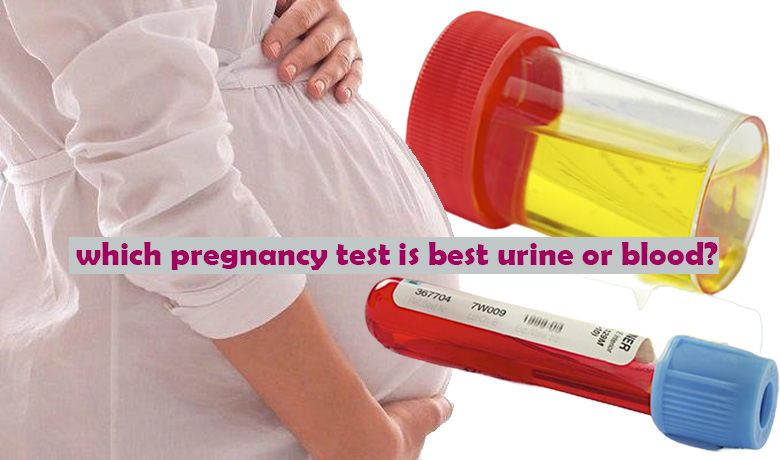which pregnancy test is best urine or blood?

Amidst the journey of pregnancy, one of the most significant and exhilarating phases in a woman’s life, diagnostic tools play a pivotal role in confirming this transformative experience. One such crucial consideration involves choosing the most appropriate method for pregnancy testing. The decision between urine and blood pregnancy tests has sparked discussions in the medical community and among expectant mothers, each method offering distinct advantages and considerations.
Navigating the journey of pregnancy involves critical decisions, including the selection of appropriate diagnostic tools. Whether opting for the simplicity of a urine test or the precision of a blood test, the ultimate goal remains to embrace the profound experience of motherhood with confidence and care.
Differences Between Blood and Urine Pregnancy Tests
Blood vs. Urine Pregnancy Tests
Both blood and urine pregnancy tests check for the hormone HCG (human chorionic gonadotrophin), which is released when a fertilized egg attaches to the womb. This hormone helps prepare the body for pregnancy and stops periods. It’s present in both urine and blood if you’re pregnant.
Related posts: What is a pregnancy test?
Urine Tests:
- For Home Use: Urine tests are done at home using test kits.
- Timing: Most accurate around one week after a missed period, as HCG concentration is higher.
- Detection: Shows a simple yes/no result for HCG presence.
- Advantage: Easy and convenient for early testing.
Blood Tests:
- Done by Professionals: Blood tests are done by doctors and professionals in clinics.
- Timing: Detects results earlier than urine tests, about one week after ovulation.
- Types: Qualitative (yes/no) and quantitative (measures HCG levels).
- Advantages: Offers accurate HCG levels and pregnancy stage information.
Related posts: What is hCG urine pregnancy test?
What Is a Blood Pregnancy Test?
A blood pregnancy test is used by doctors to determine pregnancy. It checks for the HCG hormone in the blood. This hormone is produced by the placenta after fertilization, preparing the body for pregnancy.
Types of Blood Tests:
Qualitative: Gives a yes/no answer based on HCG presence.
Quantitative: Measures HCG levels, indicating pregnancy stage.
Procedure:
A small blood sample is taken using a needle from your arm. The sample is sent to a lab for testing. Quantitative tests also measure the amount of HCG.
Accuracy and Pain:
Blood tests are more accurate than urine tests and can be a little uncomfortable due to the needle. Results are reliable and doctors use them frequently.
Possible Errors:
While rare, errors can occur if the test is done too early (false negative) or due to fertility medication (false positive).
What Is a Urine Pregnancy Test?
Urine pregnancy tests are done at home using urine samples. They detect HCG in the urine, indicating pregnancy.
Procedure:
Different types of tests exist. Most involve placing a test stick in the urine stream or using a cup to collect urine for test strips. Wait for the results as per instructions.
Accuracy:
Home urine tests are highly accurate but less so before a missed period. They’re most reliable after a missed period.
How Many Tests to Take:
Taking two tests is advisable for confirmation. Positive results are generally accurate, but negative results might change after a few days due to rising HCG levels.
Timing and Accuracy:
Tests can be done before your period’s due date but are more accurate after a missed period. Morning urine is recommended for higher accuracy.
Can a urine pregnancy test be negative but a blood test positive?
What is the most correct pregnancy test?
Is blood test the best for pregnancy?
Is hCG stronger in blood than urine?
Can a blood pregnancy test be wrong?
Conclusion:
In pregnancy testing, the choice between urine and blood tests presents a nuanced decision-making process. While urine tests offer convenience and accessibility, blood tests provide precision and early detection. Both methods contribute significantly to the confirmation of pregnancy, catering to individual preferences and medical contexts. As medical technology advances, a deeper understanding of the effectiveness and implications of these tests will continue to guide expectant mothers and healthcare providers in making informed choices.
